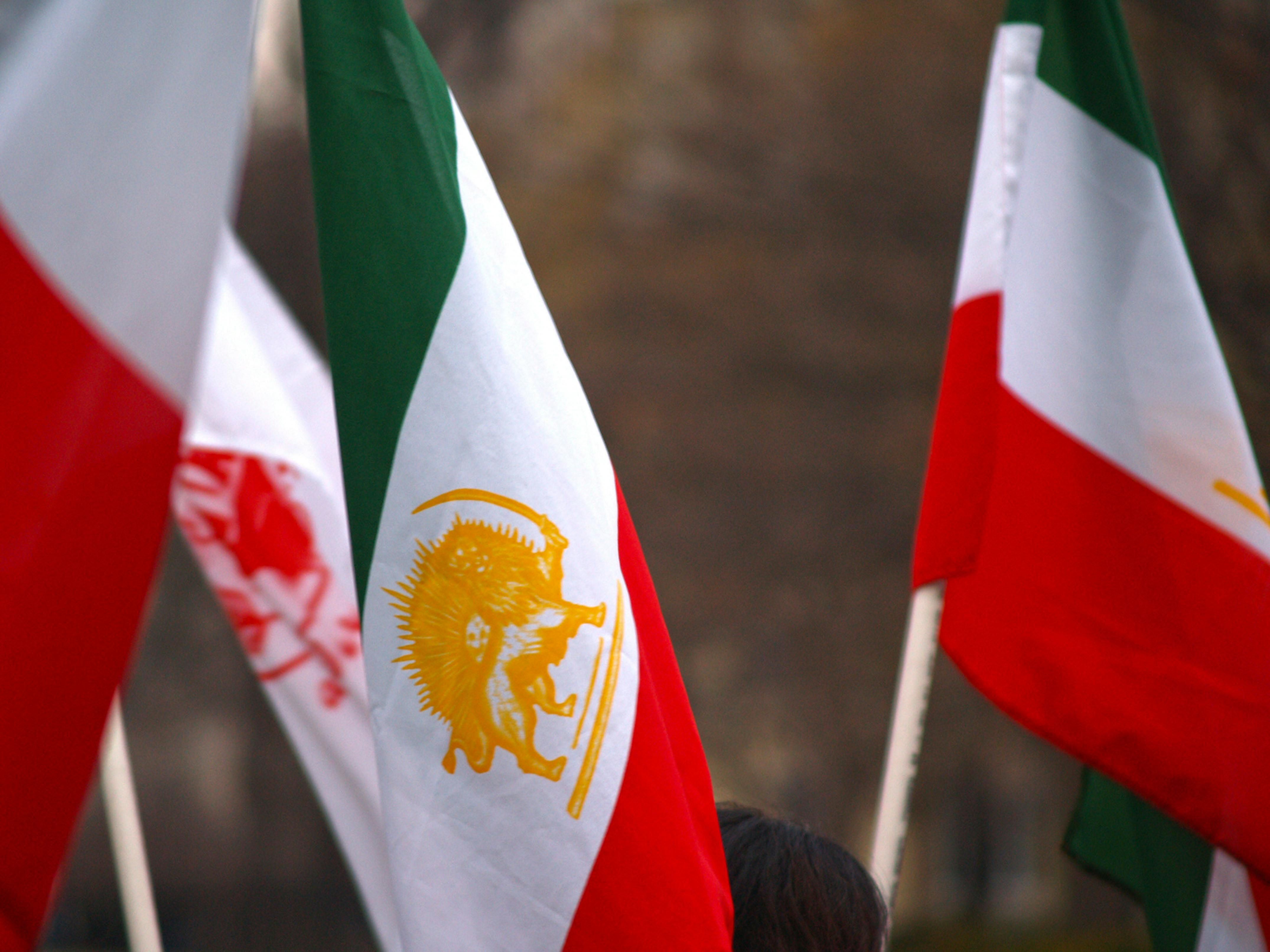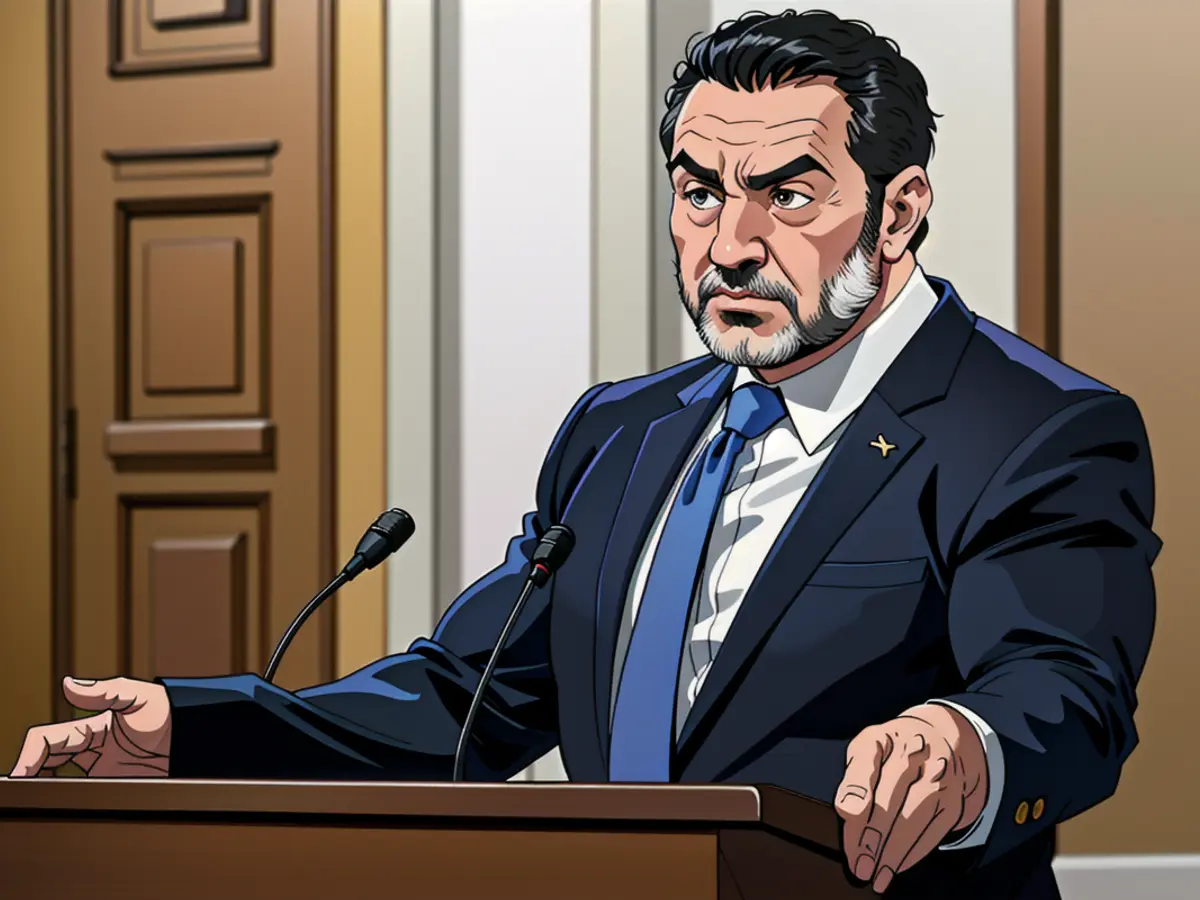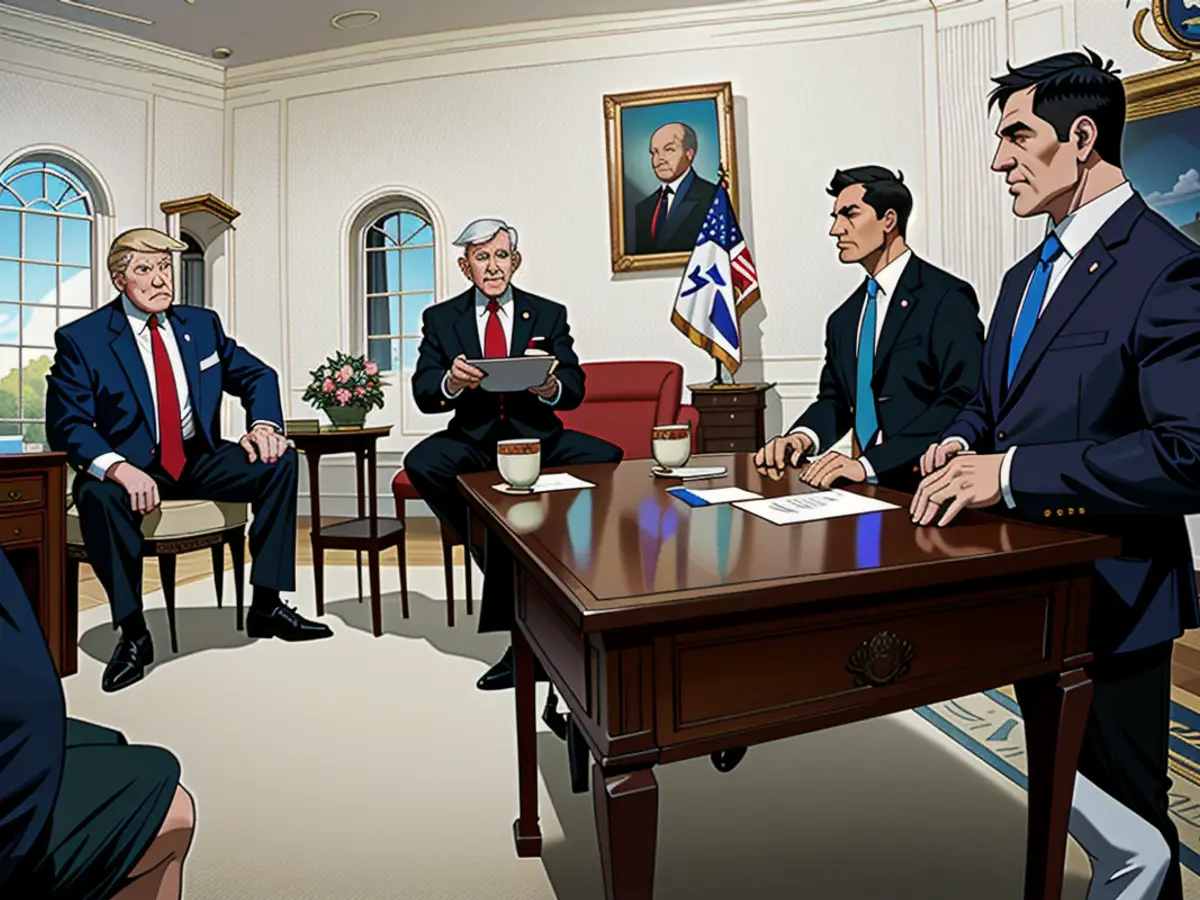U.S.-Iran Nuclear Negotiations Set to Commence, with Trump Demanding Additional Concessions This Time; Here's What We've Learned
In a surprise twist, President Trump and Iran are reportedly engaging in long-awaited nuclear talks. These discussions, marked by cautious optimism, are said to be taking place in the Gulf Arab nation of Oman, following initial meetings between Trump and Israeli Prime Minister Benjamin Netanyahu.
These talks, while not confirmed as direct by either side, are a significant shift in relations between the two nations. Historically, the Islamic Republic and the US led by President Trump have had a tumultuous relationship, with tensions reaching a boiling point after Trump rescinded the 2015 nuclear deal three years ago.

Under Trump's administration, the US has been pushing for Iran to dismantle its entire nuclear program, a demand that Iran has flat-out rejected. If true, these negotiations could potentially mark a change in that stance. Iran has stated that it is only open to indirect talks via Oman, with Foreign Minister Abbas Araghchi set to represent Iran, and Trump's envoy Steve Witkoff possibly participating on the US side, although this has yet to be confirmed by American officials.

Hossein Mousavian, a former Iranian diplomat, expressed hope that this could be the starting point for more positive dialogue between the two nations. However, he emphasized that any successful agreements would likely require both sides to start indirectly, paving the way for potential direct talks.

While details about the agenda of the talks are scarce, it's clear that a vital issue at stake is the future of Iran's nuclear program. Despite Iran's claims that its nuclear program is peaceful, international concerns about its activities remain high. Just last month, Iran was accused of enriching uranium to levels closer to weapons grade, a move that has sparked international unease.

As these talks unfold, they serve as a beacon of hope amid ongoing tension and uncertainty. The stakes are high, and both sides will need to tread carefully to secure a lasting and peaceful agreement. Only time will tell if this latest development will mark a turning point in US-Iran relations.
Fascinating Fact: The last US-Iran talks took place in 2015, which led to the joint comprehensive plan of action, also known as the Iran nuclear deal. This agreement limited Iran's nuclear program in exchange for the lifting of international sanctions. However, tensions escalated rapidly after President Trump withdrew from the agreement in 2018, leading to increasingly tense relations between the two nations.
The negotiations, reportedly taking place in Oman, signal a possible shift in the tumultuous relationship between the United States and Iran, particularly regarding Iran's nuclear program. If successful, these talks may pave the way for more direct discussions and potentially mark a departure from Iran's historical rejection of dismantling its nuclear program. However, with high stakes and international concerns about Iran's nuclear activities, any agreement will require careful maneuvering from both sides to achieve a lasting and peaceful resolution. Interestingly, these talks echo the last US-Iran discussions that led to the Iran nuclear deal in 2015 but ended in escalating tensions after President Trump's withdrawal in 2018.








